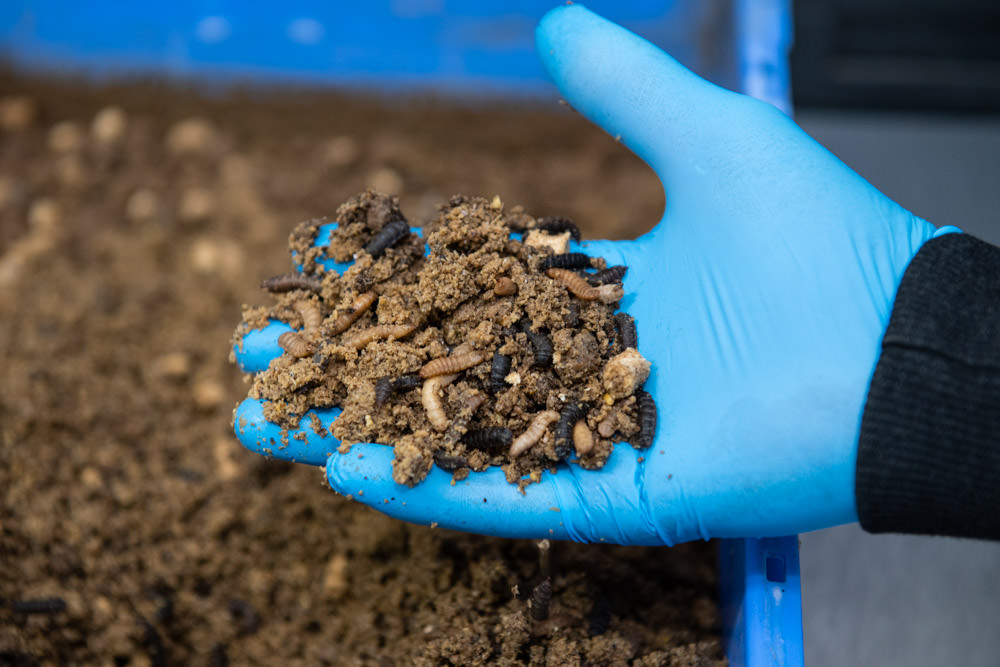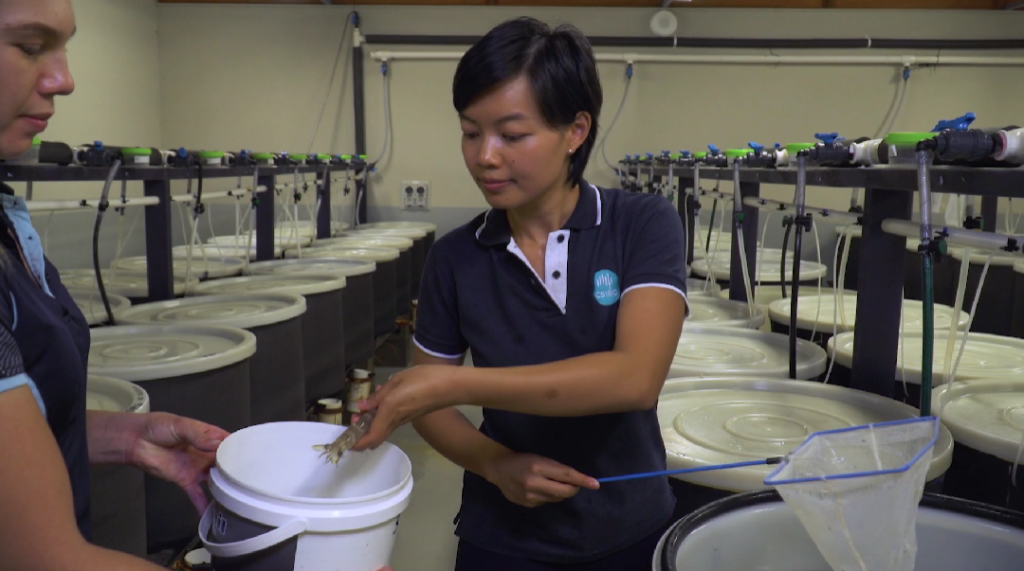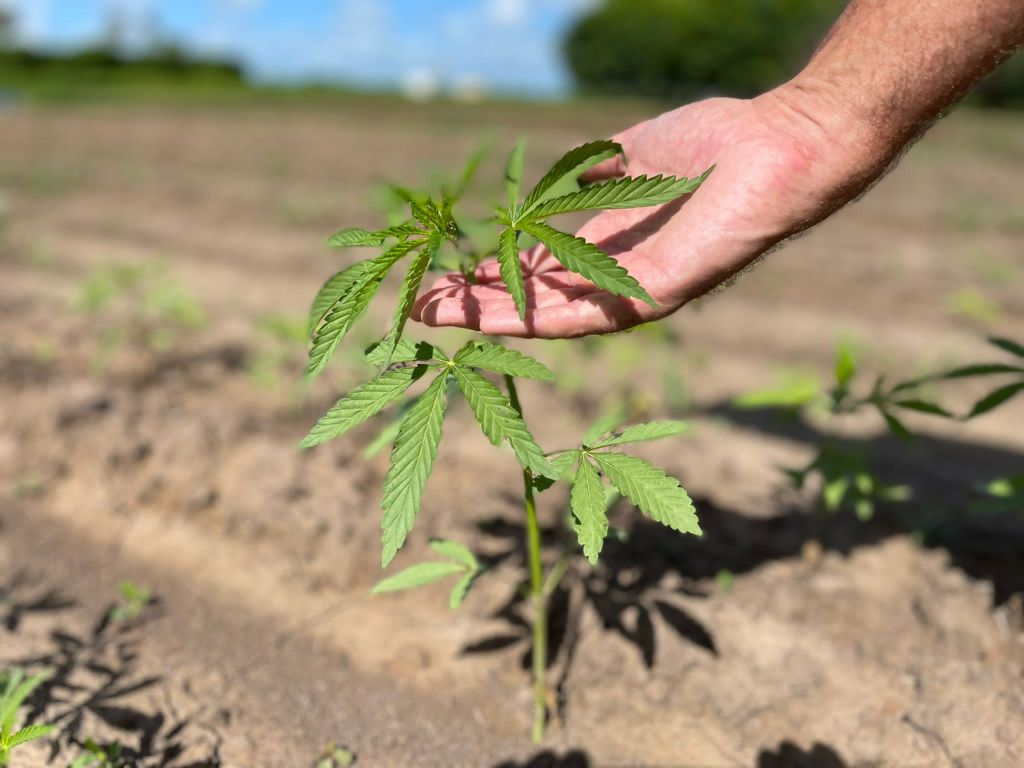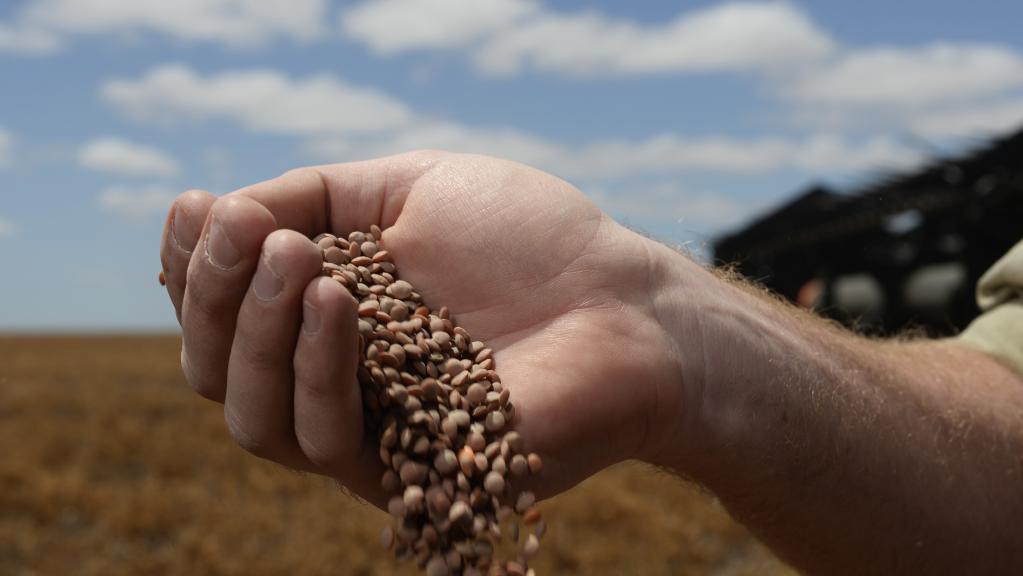Australia’s national science agency, CSIRO, announced a $20 million investment in R&D development for the country’s small to medium enterprises (SMEs).
According to a statement from CSIRO, one of the programs being supported is SME Connects flagship program, CSIRO Kick-Start, which has facilitated over 280 company-led R&D projects since 2017, with alumni companies collectively holding a market value of over $2 billion.
Simon Hanson, Director CSIRO’s SME Connect, said: “Our research has shown that strong collaboration between industry and the research sector is crucial for the longevity and success of Australian SMEs. This funding injection enables us to encourage and support initiatives aimed at bridging this gap, fostering meaningful collaborations between businesses and academia, we aim to facilitate innovation and growth within the SME ecosystem.”

Using science to solve Australia’s food waste problem
Food waste management start-up Goterra is one example of the success cases emerging from the SME Connect programs. With R&D support from CSIRO, the company was able to develop an innovative waste management system that utilises insects to process food waste, resulting in a 97 per cent reduction of greenhouse gases.
Goterra CEO Olympia Yarger commented on the impact of the program on the SME’s development: “CSIRO’s Kick-Start program connected us with leading scientists who not only provided world class research capabilities to some of our most complex problems but were also pivotal in supporting our exploration of business opportunities, alternative technological advancements, and industry connections.”
Goterra’s insect robot technology has won a host of local and global awards, including the 2023 Smart50 award presented by Smart Company.

Besides Goterra, CSIRO has worked with other start-ups to address the food waste problem – the science agency recently supported NSW start-up Food Recycle to confirm the viability of using a high amount of food waste to produce commercial aquaculture feed.
Finding alternative proteins sources to feed the world


CSIRO recently laid out its Future Protein Mission to sustainably produce enough protein to feed a population estimated to hit 9.7 billion less than two decades from now.
Among the alternative proteins projects sponsored by the organisation are the scoping of potential for a plant-based protein supply chain in North Queensland. CSIRO said it worked to screen 13 legumes and 7 oilseeds for their protein and oilseed content, economic value, and potential suitability for growing in the tropics of North Queensland, narrowing the list down down to hemp and sunflower, along with mung beans, soybeans, and chickpeas.
CSIRO also worked with Australian Plant Proteins (APP) to optimise faba bean powder production. Using commercial-scale equipment, APP and CSIRO scientists identified and optimised a number of processing parameters to achieve a final faba bean powder protein content of greater than 80 per cent – far greater than the 40-45 per cent protein of traditional plant-based powders.
CSIRO’s SME Connect delivers the following programs and initiatives; CSIRO Kick-Start, Innovate to Grow, Generation STEM Links, RISE Accelerator and the Collaboration Readiness Levels tool.
To stay up-to-date on the latest industry headlines, sign up to Future Alternative’s enewsletter.
Posted on:


